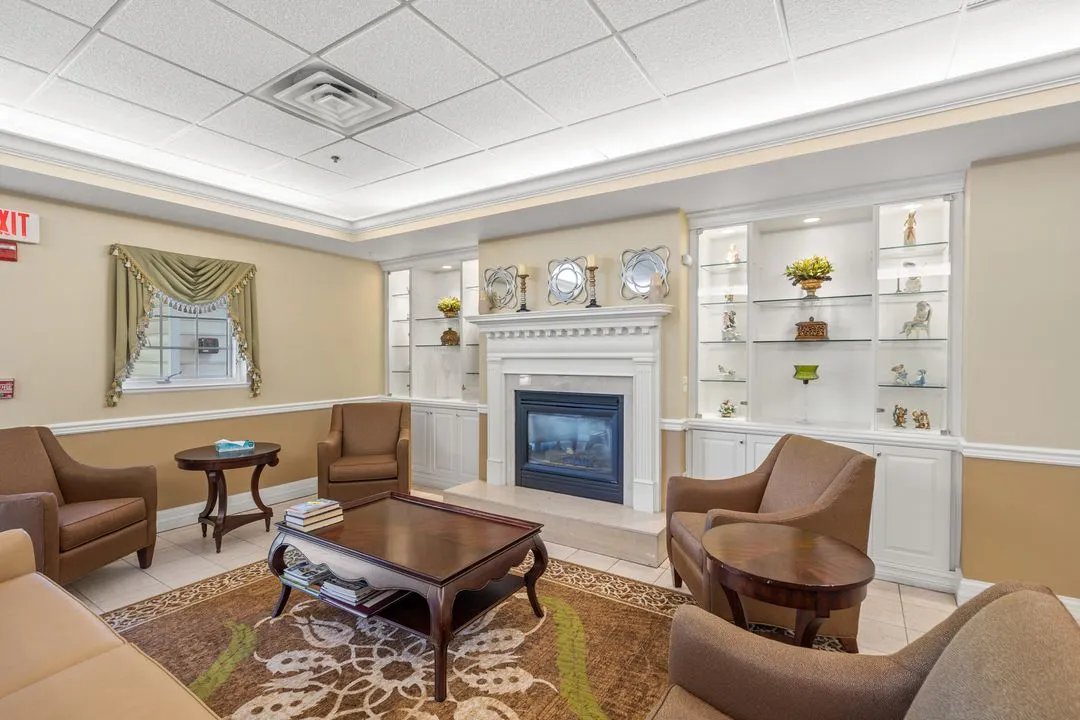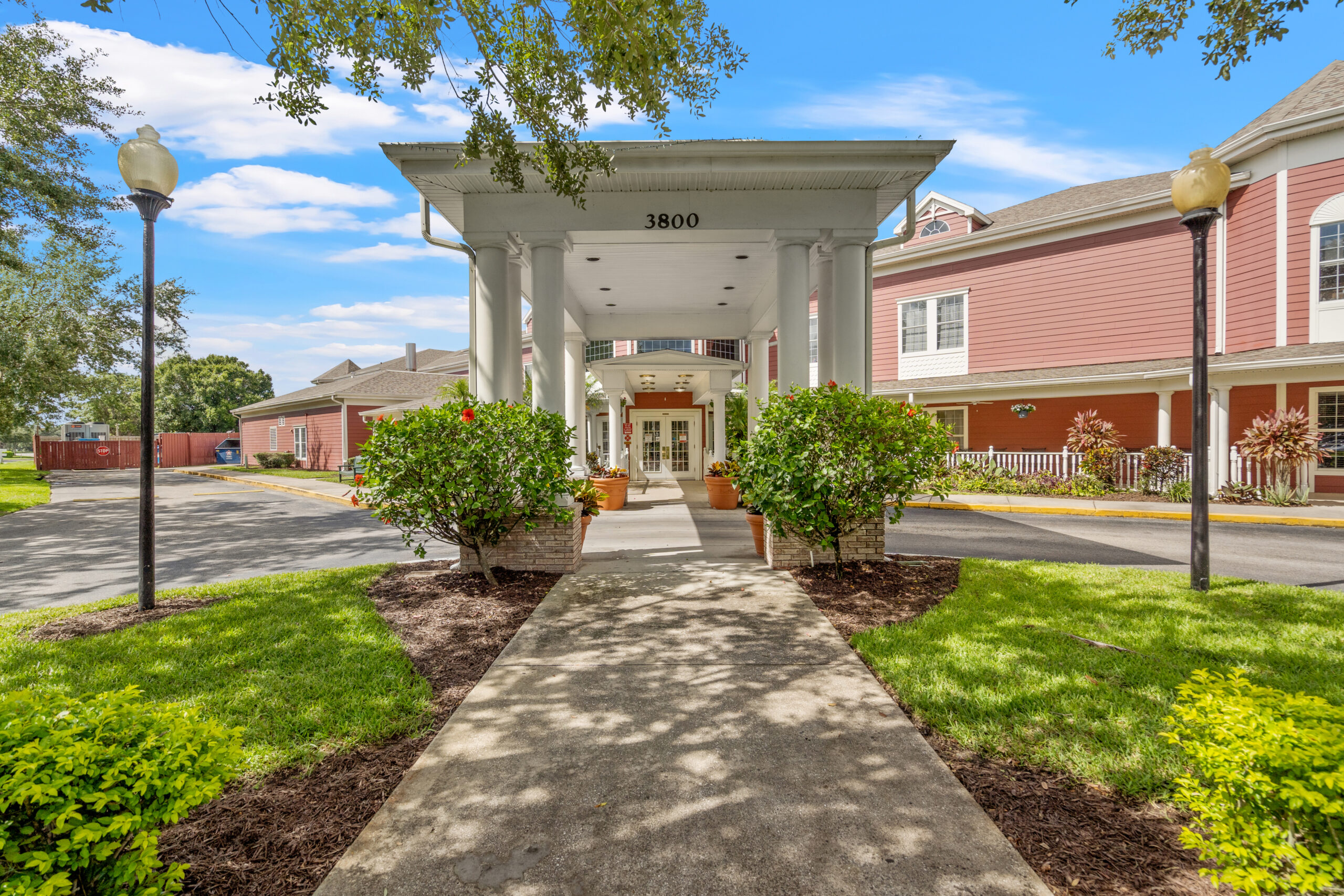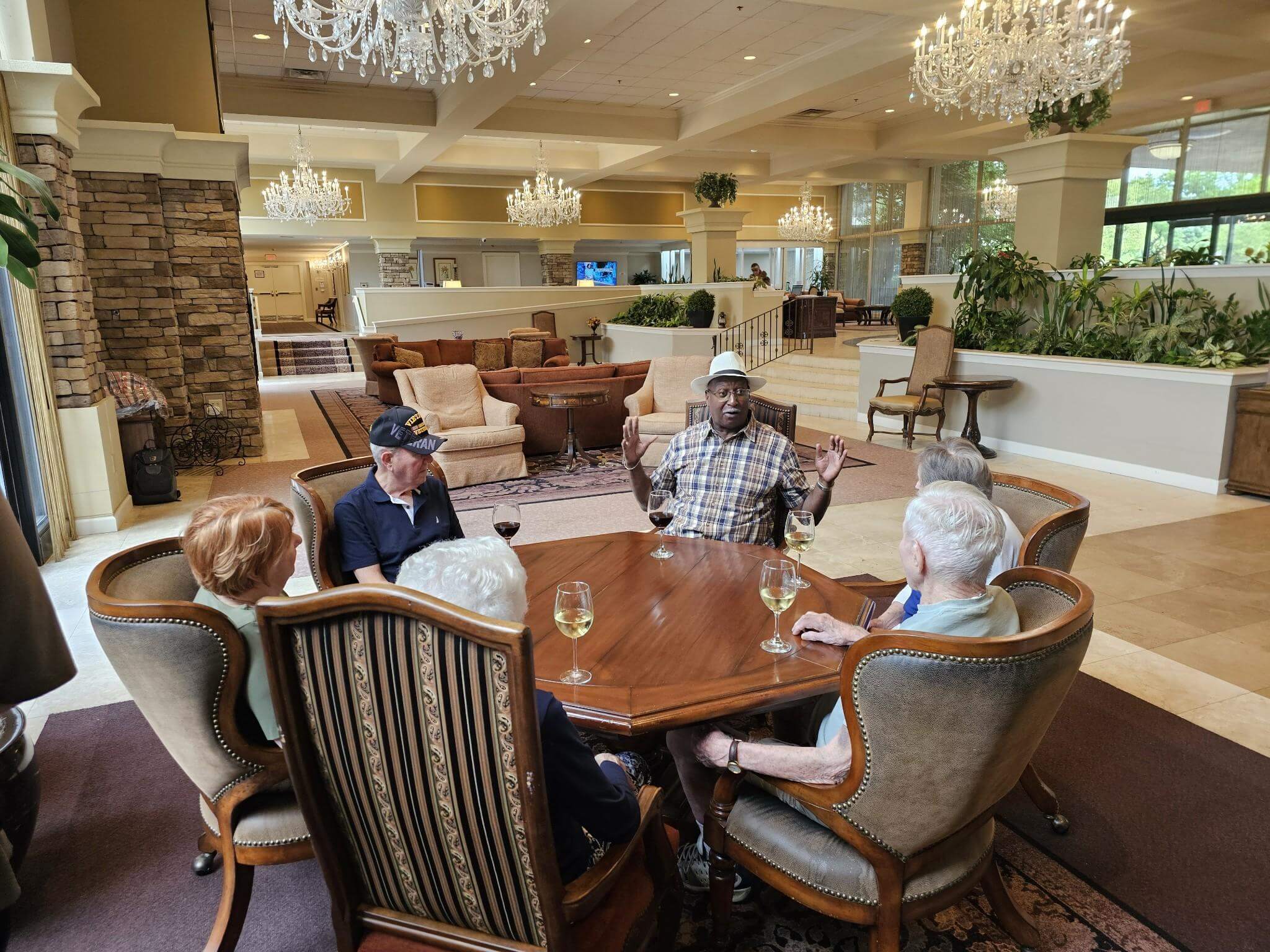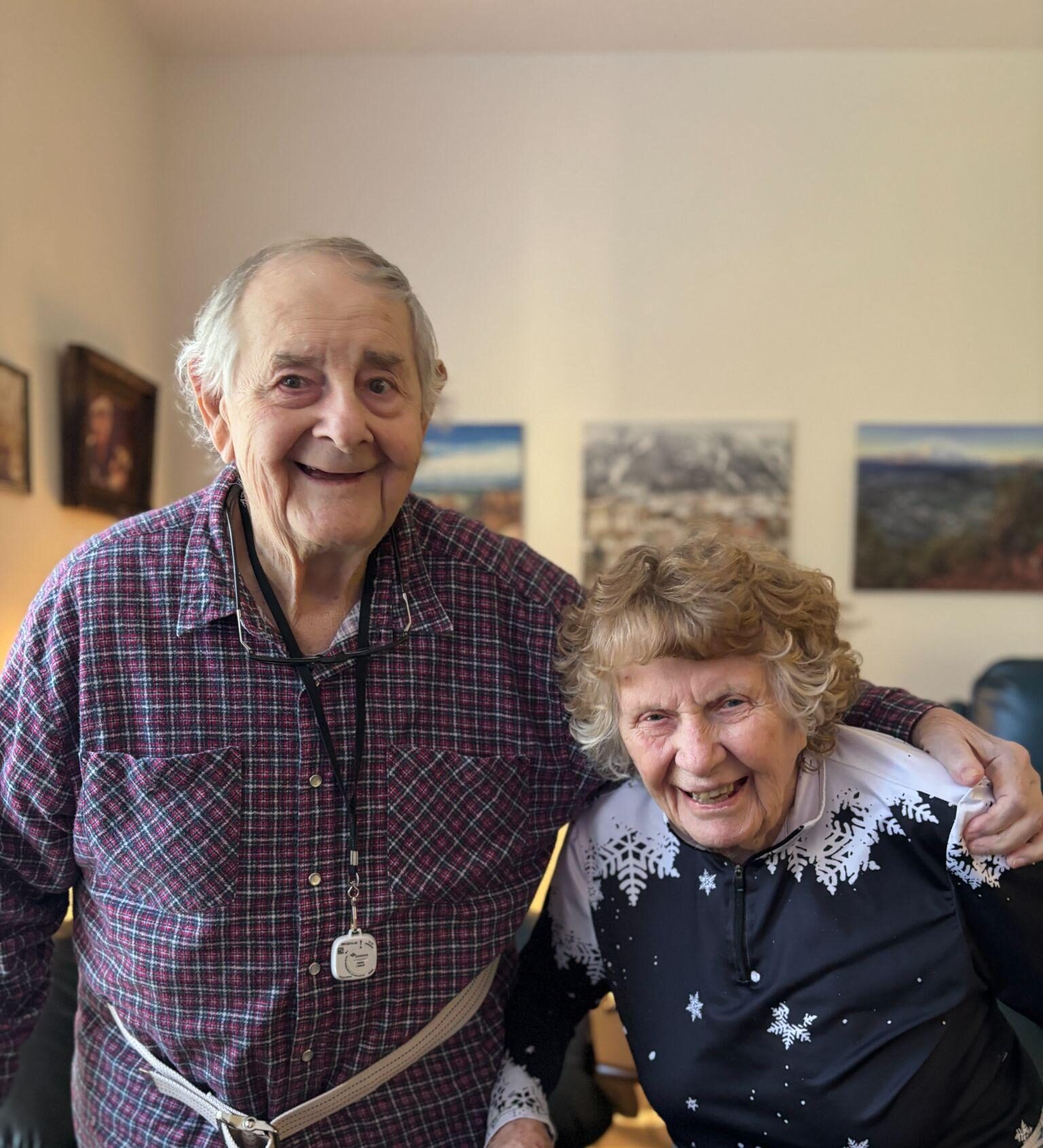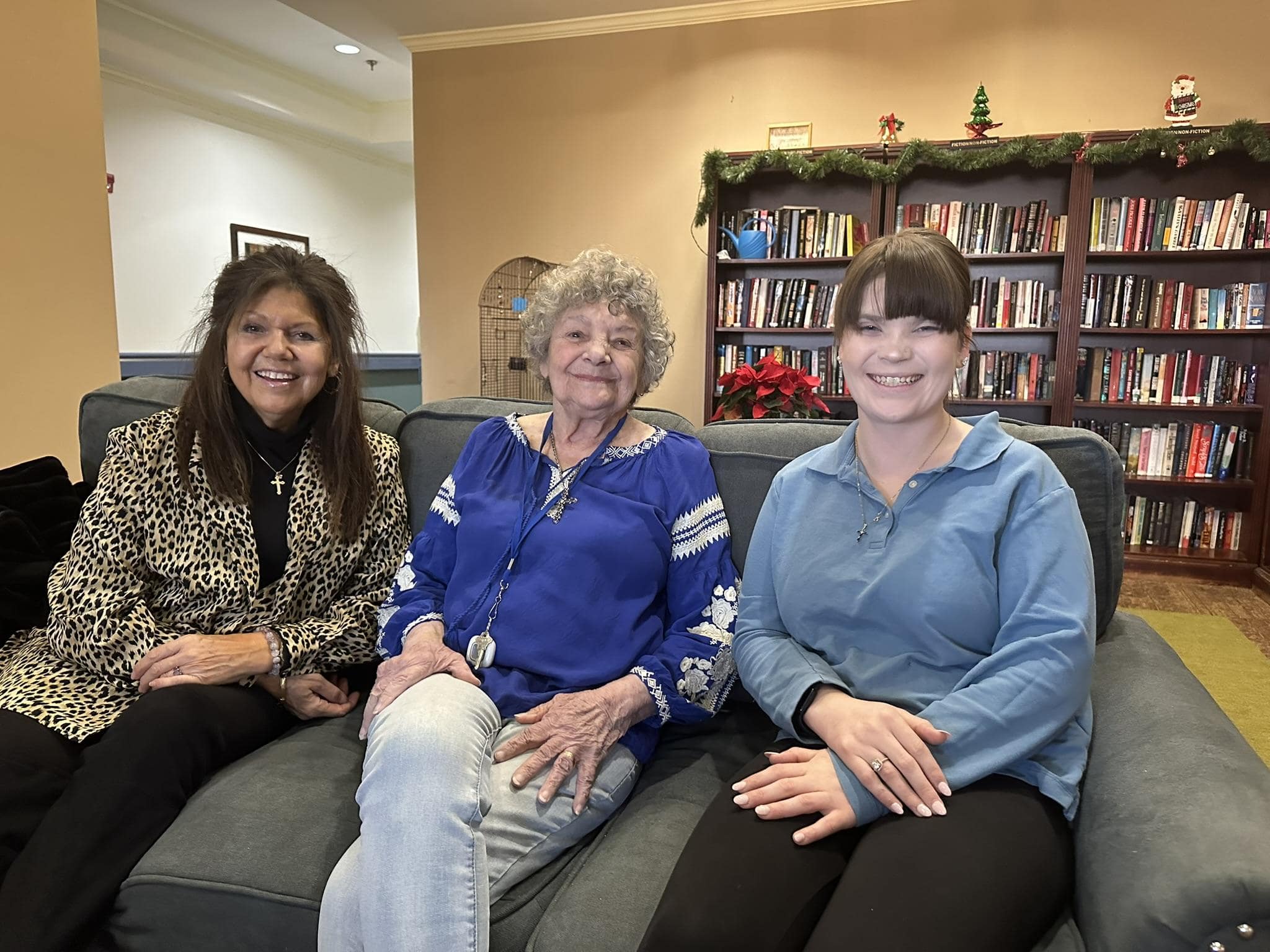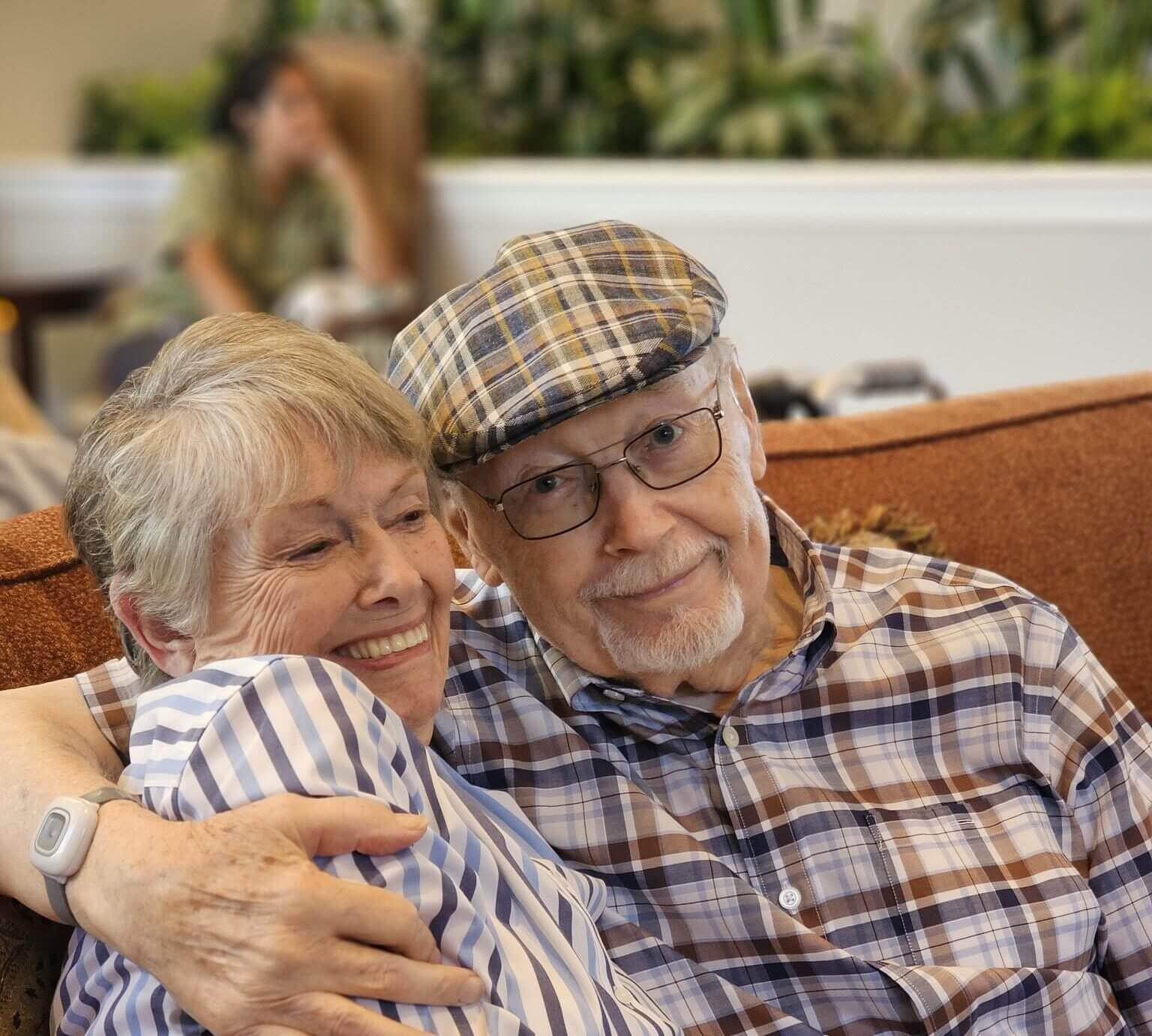Our Promise to You and Your Loved Ones
At the heart of Spring Hills is the belief that every senior deserves personalized care that goes beyond the basics. Our teams of compassionate professionals are dedicated to crafting care plans that respect the individuality and preferences of each resident, ensuring comfort and contentment in their daily lives.
With a blend of innovative health programs and the warmth of human connection, we strive to create a nurturing environment. From lively social activities to restful private spaces, our communities are designed to support the diverse and dynamic lifestyles of our residents, always with a focus on maintaining their independence and dignity.

